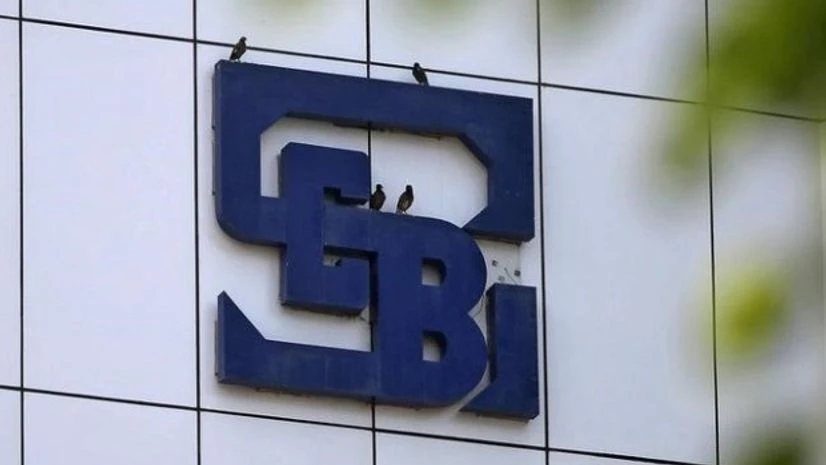Doing what it preaches, market regulator Sebi plans to diversify its own surplus fund investment portfolio by expanding its fixed deposit investments to all banks but public sector institutions will continue to get a preference.
At the same time, Sebi has decided that its investment policy will continue to be guided by "the criteria of higher return over long term without compromising on safety and security of investments".
The Securities and Exchange Board of India (Sebi) had a total amount of over Rs 1,800 crore invested in fixed deposits of 14 institutions, predominantly public sector banks, as on March 31, 2016. Its investment return in 20015-16 was 9.18% of weighted average compounded average growth rate, while the weighted average annualised yield was 12.31%.
More From This Section
As per an internal note on 'Internal Policy Guidelines of Surplus Funds of Sebi', the regulator has now proposed to diversify its fixed deposit investment across all PSU banks and private sector banks.
"This will mitigate risks from concentration of investments in fewer banks as well as scout for better returns amongst larger participating banks," it said.
Sebi's board had suggested in March that a note on its investment policy be made for its review.
Sebi often advises investors to diversify their portfolio to mitigate any concentration risk and also to do proper due diligence before taking the investment call and give a preference to safety and longer-term returns over promises of short-term gains with higher risks.
The list of banks eligible for fixed deposits by Sebi has been proposed to expand to more private sector banks (in addition to Axis Bank, HDFC and ICICI Bank) which are having profitability in last five years, by inviting competitive quotes from them.
However, public sector banks would continue to get a preference as the regulator has proposed to "invest in fixed deposit with public sector banks even if quote is lower by not more than 10 basis points as compared with the highest quote offered by any private sector bank".
Besides, the exposure limit to private sector bank or institutions can be reduced to 5%, from existing limit of 10% of corpus, while HDFC Ltd and HDFC Bank would continue to be clubbed. The exposure limit for PSU banks would continue at 20%.
The guidance note further said that Sebi will prefer a longer tenure instrument for is surplus funds even with a lower return, provided the difference is 10-40 basis points of highest return quoted for a shorter tenure at the time of investment "in order to hedge against likely decrease in interest rates in future".
Also, surplus of Sebi will continue to be invested in treasury bills and government securities subject to good returns as compared with fixed deposits.

)
